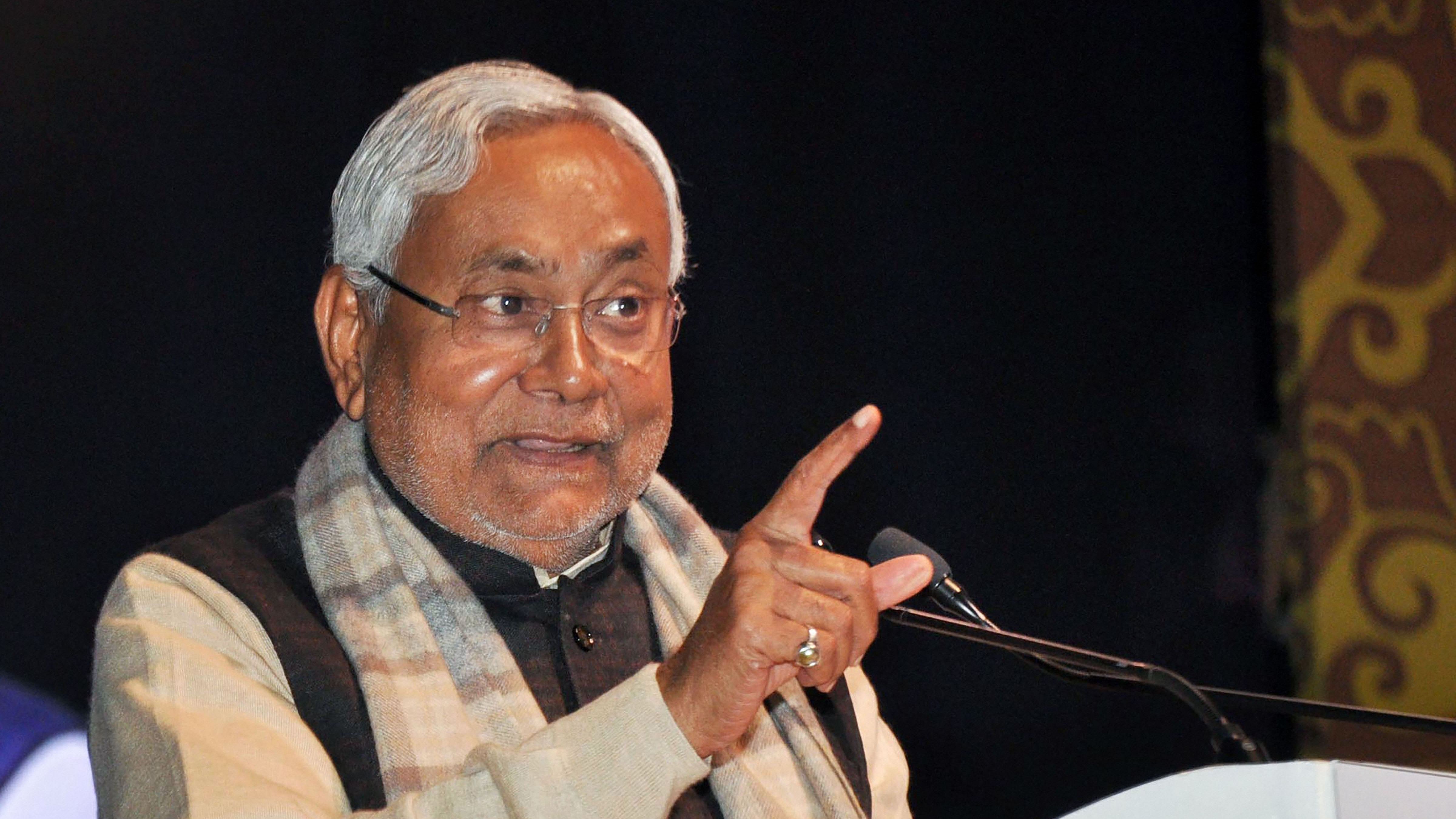
Development, from an overall socio-economic perspective, means offering the scope of a better life to the populace. But Indian politicians have often failed to see it like that. For them, development has become an instrument of appeasement of the voters.
However, Nitish Kumar fashioned a laudable example of boldness and clear sight of the goal when he recently refused to compensate the families of the Saran hooch tragedy, numbering 40 so far. It may sound inhuman, but it is a rare example of adhering to the criteria of propriety, particularly because Bihar is a state where prohibition was implemented in 2016.
Even without prohibition, compensating families for hooch victims from the state exchequer defeats the goal of overall socio-economic development because it encourages the consumption of liquor that ruins millions of low-income families.
Our constitution makers had a comprehensive, and not opportunistic, view of socio-economic development, and that is why the constitution (Article 47) directs that the State 'shall regard the raising of the level of nutrition and the standard of living of its people and the improvement of public health... and, in particular, the State shall endeavour to bring about prohibition of the consumption except for medicinal purposes of intoxicating drinks and of drugs which are injurious to health'.
Our leaders, who speak volumes about the sanctity of the constitution, violate this spirit by making excise duties on liquor one of the major sources of revenue. West Bengal, a state lauded by national and international pundits for its social expenditure, particularly those for women, has also promoted the sale of liquor to earn revenue. Many other states (including Delhi, which provides free rides for women in government-owned public transport buses) follow this path.
This is a contradictory approach as it tries to empower the women by providing doles (necessary if targeted), and at the same time encourages ruination of low-income families, the brunt of which is suffered by the women. In contrast, Nitish Kumar has shown sensitivity to this issue, proving he understands the meaning of overall socio-economic development. Having said this, we now must turn our attention to another aspect, no less important than this, about which the Bihar chief minister has done little.
Prohibition, in general, is criticised as non-implementable on the ground. Bihar, too has floundered in its implementation, and the recent tragedy is just another glaring example of it. But why has it failed? Because the agencies of the state—the police, civil administration, local political bodies like the panchayats and the local zilla parishad members and the MLA—have failed to play their roles in stopping the illegal production, sale and consumption of liquor.
Worse, it is not only dereliction of duty, but also often a function of the complicity factor. Complicity takes the form of indulgence given to dear ones or reaping monetary benefits through extortion and bribery. And now, the burden of such lackadaisical or roguish nature of the state administration will be borne by many hapless families, many of whom have lost their sole bread-earners.
This is not only true about a hooch tragedy but also about mass-scale defrauding of the people, such as chit fund scams like Saradha to bank scams of Vijay Mallya, Nirav Modi and so on. The list includes many other crimes being perpetrated around us across the country.
So, why are the concerned agency staff not fined financially for dereliction of duty? It has two-pronged benefits: first, it can act as a major deterrent to both connivance and lackadaisical attitude of political and civil administration, and secondly, the hapless innocent members of the affected families can be compensated by the money collected in this way, thus sparing the taxpayers.
That it is possible has been exemplified by the UP government in 2020 when it issued the Uttar Pradesh Recovery of Damages to Public and Private Property Act. If the common person can be compelled to pay fines, why not the members of the government agencies for allowing the perpetuation of preventable crimes?
It is noteworthy in this regard that recently, the National Highways Authority of India has given a circular warning to the supervisors of highway construction that they would be personally liable in case of accidents due to improper completion. It is noteworthy that the experts have also blamed the insufficiencies of the highway for causing the accident and killing of Cyrus Mistry.
Such responsibility fixing will act as a natural deterrent against rampant connivance of the state officials with the law-breakers and help make a genuinely swachh Bharat.
(Diptendra Raychaudhuri is a journalist and author based in Kolkata)
Disclaimer: The views expressed above are the author's own. They do not necessarily reflect the views of DH.